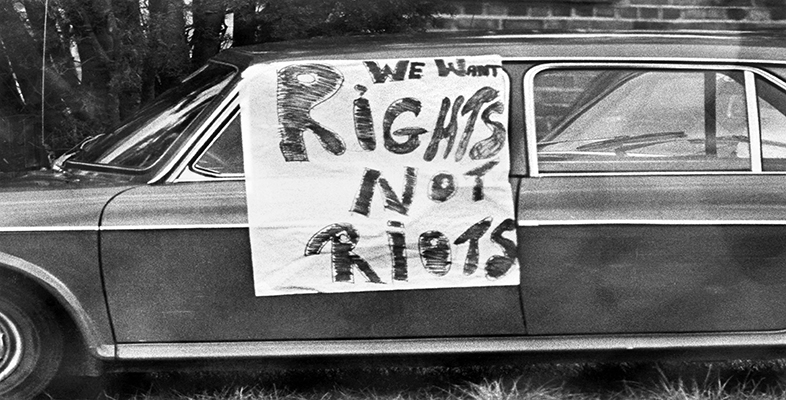Home » Course Layouts » Free Course Layout Udemy
Race is not biological. It is a social construction.
0
36
English
English [CC]
FREE
- Learn basic syntax that can apply to any language.
- Learn what is a programming language and the basic concepts for beginners.
- Understand what is Javascript in it's truest form.
- Know the basic syntax of Javascript.
- Know some hidden quirks in Javascript.
Description
Yet we know that in our contemporary world and in history, this construction has real consequences. From enslavement and colonisation to resistance and revolution, the stories of people of colour are often left untold in accounts of the past. This free course, Historical perspectives on race, will introduce you to ideas and scholarship dealing with the construction of race, and help you to start exploring people’s lived experiences of race through a set of case studies from the late eighteenth century onwards.
Course learning outcomes
After studying this course, you should be able to:
- Understand ideas and concepts of what race means in historical perspective
- Appreciate the complexity of diverse and lived experiences of people in the past
- Use and analyse different types of sources, both primary and secondary
- Think about and process information through description, explanation and analysis
- Develop basic tools for further research and reading.
Course content
-
- Introduction 00:25:00
-
- Key questions 00:10:00
- What do we mean when we talk about ‘race’ in the past? 00:10:00
- How was the concept of ‘race’ invented? 00:30:00
- How did ideas of ‘race’ operate in political, legal and economic terms? 00:15:00
- What are the challenges we face in describing ‘race’ in our study of the past? 00:20:00
- Summary of Course introduction 00:10:00
- Introduction 00:20:00
- Sarah Baartman, the ‘Hottentot Venus’ 00:30:00
- Reinforcing colonial stereotypes about Africa: Savage South Africa 00:30:00
- Summary of Session 2 00:15:00
- Introduction 00:15:00
- How did Yemeni sailors come to live in Cardiff? 00:20:00
- What was community life like for Yemenis in Cardiff? 00:15:00
- Marriages with Welsh women 00:15:00
- Local backlash: Cardiff ‘race riots’ 00:25:00
- Summary of Session 4 00:15:00
N.A
- 5 stars0
- 4 stars0
- 3 stars0
- 2 stars0
- 1 stars0
No Reviews found for this course.
Instructor
Open University UK
4.8
4.8
14
42473
1068
Explore Free Courses
Access valuable knowledge without any cost.
{"title":"","show_title":"0","post_type":"course","taxonomy":"course-cat","term":"engineering-skills,health-and-safety","post_ids":"","course_style":"free","featured_style":"course6","masonry":"","grid_columns":"clear4 col-md-3","column_width":"268","gutter":"30","grid_number":"4","infinite":"","pagination":"","grid_excerpt_length":"20","grid_link":"1","grid_search":"0","course_type":"","css_class":"","container_css":"","custom_css":""}












